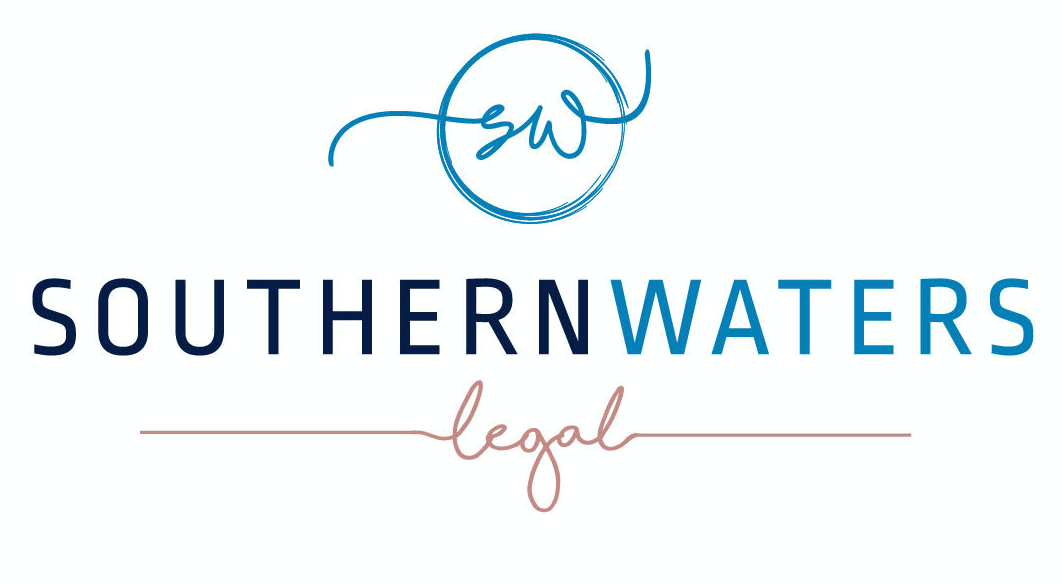Retail Leases Regulation 2022
Better Protection for the Fitness Industry and Small Bars
On 1 January 2023, the Retail Leases Regulation 2022 (the “Regulation”) commenced, offering further inclusions for the types of businesses included under Schedule 1 of the Retail Leases Act 1994 (NSW) (the “Act”).
What are the new regulations?
The Regulation is a reaction to the recent COVID-19 Pandemic, whereby the landscape of various business models adapted to make it easier for consumers to utilise fitness services as well as an increase in the popularity of small bars. Small bars, prior to the Regulations, had to prove that they were operating as a restaurant in order to receive the protections of the Act.
Some of the beneficiaries of the Regulation include businesses such as gymnasiums, yoga studios, pilates studios, dance studios and small bars with a maximum patron capacity of 120. These businesses will now fall under the definition of a retail lease (subject to the general exceptions under the Act) and be afforded greater protections.
Does the Regulation apply to existing leases?
No – if premises become a retail shop within the meaning of this Act because of a legislative amendment (i.e gyms, pilate studios etc pursuant to the Regulation), the Act does not apply to:
- a lease of the premises entered into before 1 January 2023; or
- a lease of the premises entered into under an option granted or agreement made before 1 January 2023.
This means a commercial lease for its current term and each of the options granted under the lease will not be impacted.
Refresher – What is a Retail Shop?
A “retail shop” means premises that are used, or proposed to be used, wholly or predominantly for the carrying on of one or more of the businesses prescribed in Schedule 1 (commencing 1 January 2023), unless one of the below exceptions apply:
- Shops have lettable area of 1000 square metres or more;
- Shops that are used wholly or predominantly for the carrying on of a business by the lessee on behalf of the lessor;
- Any shop that operates a cinema, bowling alley or skating rink;
- Premises used only for any one or more of the excluded used found in Schedule 1A of the Act; or
- Premises of a class or description prescribed in the regulations as exempt from the Act.
A business may also be classified as a “retail shop” if it operates within a “retail shopping centre”, defined in the act as meeting all the following conditions:
- At least 5 of the premises are used wholly or predominantly for the carrying on of one or more listed businesses;
- The premises are all owned by the same person, or have (or would if leased have) the same lessor or the same head lessor, or comprise lots within a single strata plan under the Strata Schemes Development Act 2015;
- The premises are located in the one building or in 2 or more buildings that are either adjoining or separated only by common areas or other areas owned by the owner of the retail shops; and
- The cluster of premises is promoted as, or generally regarded as constituting, a shopping centre, shopping mall, shopping court or shopping arcade.
Benefits of a retail lease
The key benefits of a retail lease, as opposed to a commercial lease, include the following:
- Costs – lease preparation costs cannot be passed on to the Lessee, including mortgagee consent fees. The tenant is generally liable for lodgement and registration fees.
- Rent reviews – the landlord can only stipulate one method for rent review.
- Disclosure Statement – a disclosure statement outlining all the payments required by the tenant during the period of the lease must be provided to the tenant at least seven (7) days prior to the lease commencing.
- Unconscionable conduct and misleading or deceptive conduct – retail leases receive additional protections concerning unconscionable conduct and misleading or deceptive conduct of landlords.
- Dispute Resolution – the Act provides stronger dispute resolution mechanisms for retail tenants.
Here to Help
Moving forward, prior to entering into further lease agreements relating to small bars and fitness centres, it will be important to review the terms of the lease to ensure they are prepared as retail leases (noting the above exceptions) and comply with the Act.
We have extensive experience in both retail and commercial leasing. If you are a landlord or tenant, please do not hesitate to contact us for assistance with the preparation of your lease and specialist advice in relation to your rights and obligations.
If you would like further information or specific advice in relation to a retail lease, please do not hesitate to contact our team on (02) 9523 5535.
Disclaimer: The information contained in this article is provided as general information only. It is not intended to be legal advice and it should not be used or relied on as legal or professional advice.



